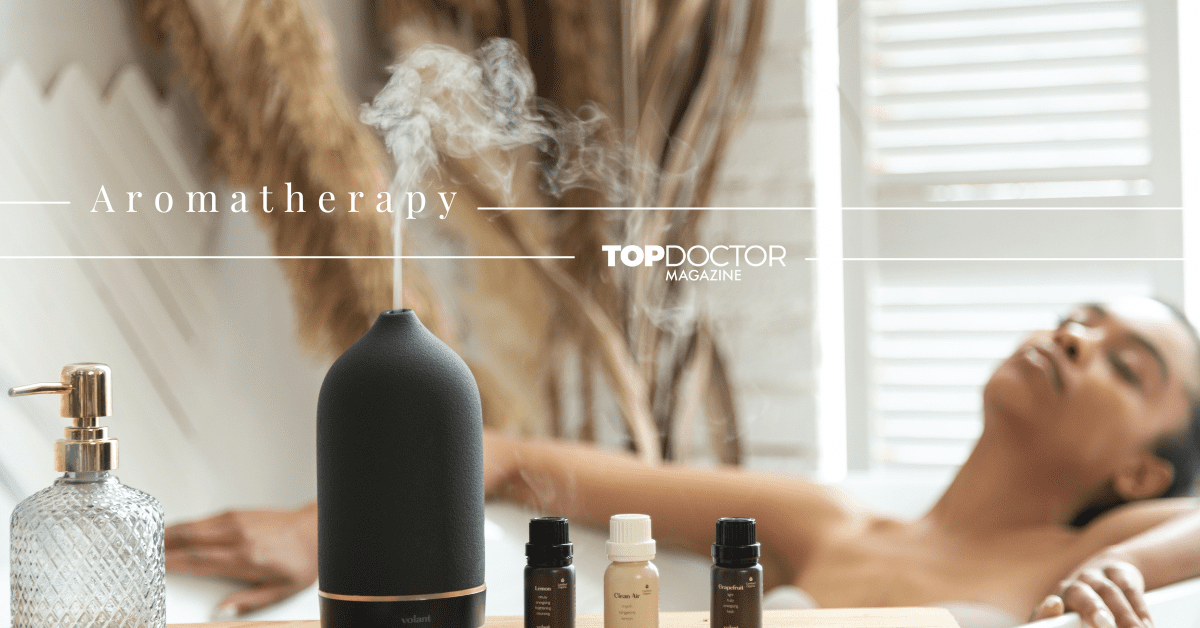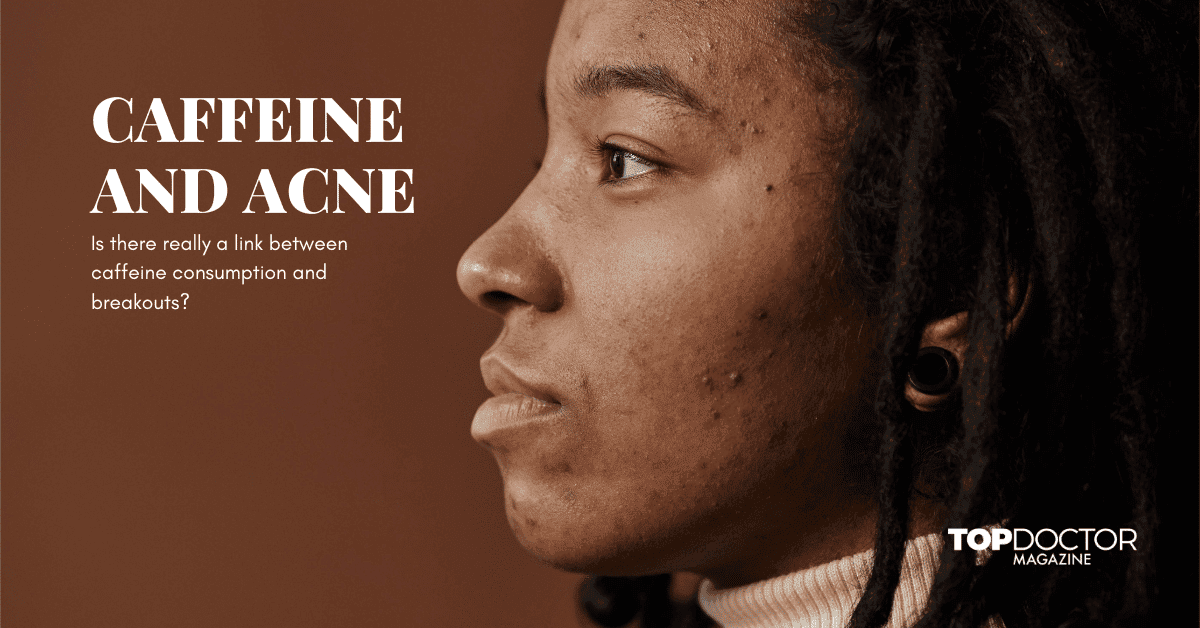Have you ever wondered if the right fragrances, aside from making your house smell like your grandmother’s garden, can help your health and well-being?
Aromatherapy is the practice of promoting a healthier, more relaxing environment through essential oils, i.e., natural oils with therapeutic properties that can help relieve stress and promote relaxation.
Aromatherapy is a popular complementary therapy used alongside conventional medical treatment. It can help reduce anxiety and improve mood while boosting energy levels and promoting better sleep.
How does aromatherapy impart all of its wonderful health benefits to us? By stimulating the olfactory system, which is the part of the brain that processes scent. This stimulation triggers a response in the limbic system, which controls emotions and memory. In this way, aromatherapy can affect mood and stress levels.
Sense of Smell
Our sense of smell is one of our oldest and most powerful senses. The ability to detect different aromas allows us to enjoy the pleasing scents of flowers, identify dangers such as the smell of smoke and even find a mate.
Olfactory neurons are responsible for the sense of smell. They are located in the nose and send signals to the brain when they detect certain chemicals known as aromas. Aromatherapy is the use of these aromas to promote healing and well-being.
Humans perpetually associate certain aromas and emotions. This is because our olfactory neurons take the information they receive about an aroma and send it to the limbic system, which is responsible for processing emotion. Therefore, certain smells can evoke happy memories or provide a sense of comfort.
Aromatherapy Application
Inhalation is the most common way to use aromatherapy, e.g., by diffusing essential oils into the air or inhaling them directly from a bottle or cloth. Using a cold-air diffuser with essential oils is important to avoid damaging the oil molecules.
To inhale essential oils directly, put a few drops on a tissue or cloth and hold it close to your nose. You can also add a few drops to your bathtub or shower.
The topical application of essential oils is another way of using aromatherapy, e.g., by adding a few drops of oil to lotion or cream or applying the oil directly to the skin. It is important to do a patch test before applying essential oils to large areas of skin, as some people may be allergic to them. Likewise, consult a healthcare professional if you are pregnant or breastfeeding.
Benefits of Aromatherapy
While the exact mechanisms by which aromatherapy works are not fully understood, there is evidence that it can be an effective treatment for a wide range of conditions.
Aromatherapy is effective for relieving nausea and pain and reducing anxiety, agitation, stress and depression. It can also help improve sleep quality and reduce fatigue and insomnia.
Aromatherapy can provide significant relief for people with muscular aches or headaches. It can also help improve circulation, relieve menstrual or menopausal problems and improve alopecia (i.e., hair loss).
Safety
Aromatherapy is generally considered to be safe. However, it is important to choose essential oils carefully, as some can cause skin irritation or allergic reactions. It is also important to avoid using essential oils near open flames, as they are highly flammable.
There are many ways to get started if you are interested in giving aromatherapy a try. You can purchase essential oils at health food stores and online retailers or make your own blends using a carrier oil, such as jojoba oil or almond oil, and a few drops of the essential oil of your choosing.
Most Common Aromatherapy Essential Oils
Many different essential oils are available for aromatherapy. Some of the most popular choices include:
Lavender: Lavender oil is considered one of the most versatile essential oils. It has a floral scent that promotes relaxation and eases stress. Lavender oil is also helpful in relieving anxiety, insomnia and headaches.
Peppermint: Peppermint oil has a refreshing, minty scent that is invigorating and energizing. It is commonly used to relieve headaches, nausea and indigestion.
Eucalyptus: Eucalyptus oil has a camphoraceous scent known for opening up the sinuses and improving breathing. It can also relieve muscle pain and stiffness.
Rosemary: Rosemary oil has a woody, herbaceous scent with a refreshing and uplifting touch. It is commonly used to improve focus and memory. Rosemary oil is also helpful for headaches, muscle pain and digestion.
Tea tree: Tea tree oil has a fresh, medicinal scent with antibacterial and anti-inflammatory properties. It is commonly used to treat acne, dandruff and fungal infections.
Ylang-ylang: With its sweet, floral scent, Ylang-ylang oil is commonly used to treat anxiety and depression.
Mandarin: Mandarin oil has a citrusy, fresh scent that is uplifting and cheerful. It is commonly used to treat anxiety, stress and digestive issues.
Lemon: Lemon oil is commonly used to improve concentration and memory and relieve headaches, digestion and skin conditions.
A Parting Reminder
There are many ways to use essential oils for aromatherapy. You can add a few drops of essential oil to a diffuser or humidifier, place a few drops on a cotton ball and inhale the scent or add a few drops of essential oil to a bath or massage it into your skin.
When using essential oils, starting with a low concentration is key; allow your body to gradually become accustomed to its fragrance and texture. It is also important to know that some people may be allergic to certain essential oils. Discontinue their use and consult your healthcare provider if you experience any irritation.






0 Comments